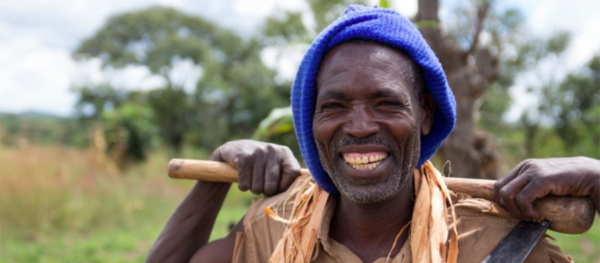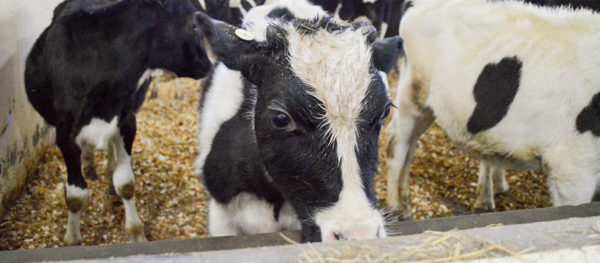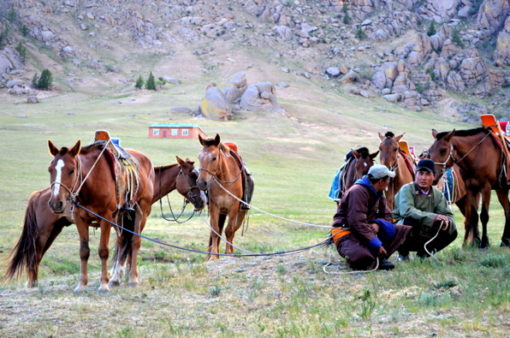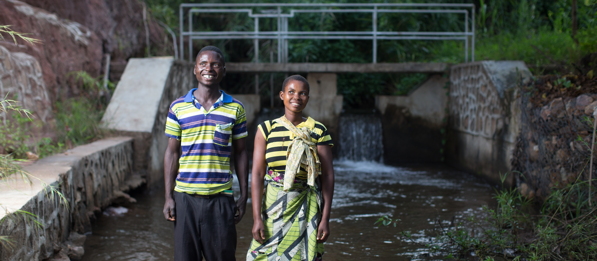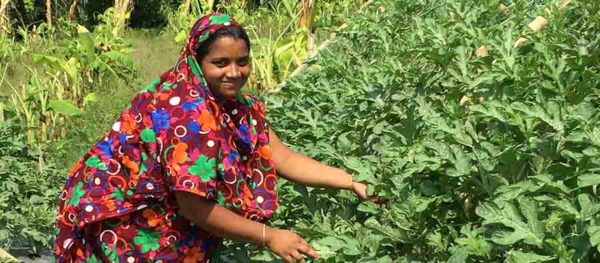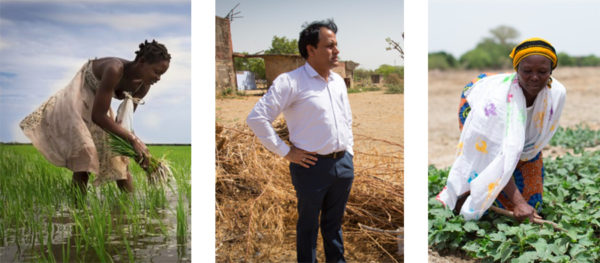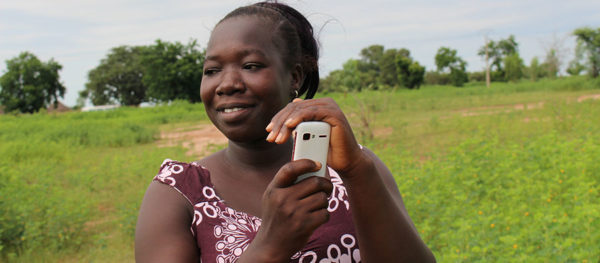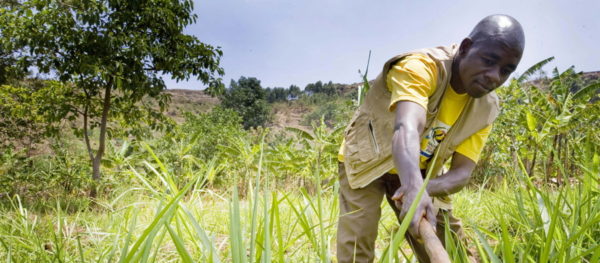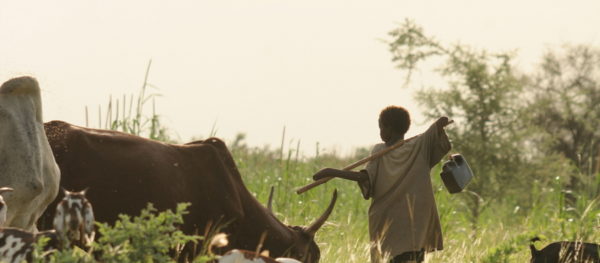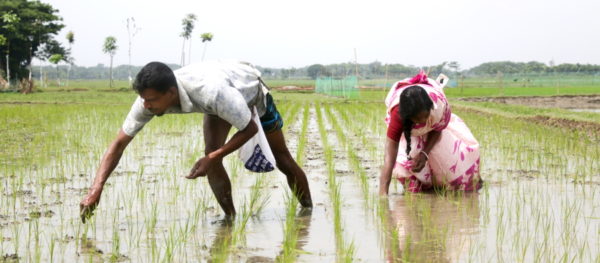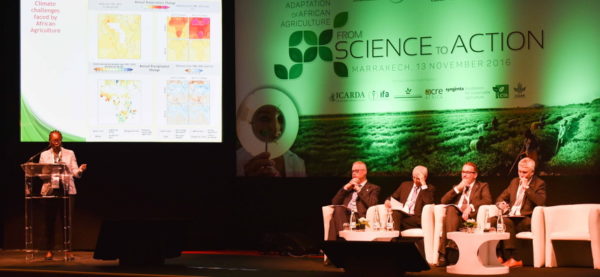Tag: climate change

Conserving Africa’s Precious Resource Base While Fighting Hunger
Africa & Middle East: Sustainable farming is crucial for preserving Africa's environment.
Read MoreWhat We’ve Been Overlooking in the Great Debate on Livestock
Global: Anne Mottet outlines new research that reveals humans and livestock do not compete for earth’s resources as much as previously thought.
Read MoreMoving with the Times: Pastoralists Share Lessons in Sustainability
Asia: Pastoralists, who face the toughest of challenges from climate change, are well-placed to offer lessons in how to adapt to new weather conditions.
Read More#FillTheGap! Breadwinners and homemakers in Malawi
Africa & Middle East: Malidadi Chilongo learned to diversify her farm and invest in livestock, improving her family’s diet and investing in a back-up to sell if her crops fail because of extreme weather.
Read MoreHelping Farmers Earn More at Less Cost Through Fertilizer Use Efficiency
Global: Dr. Scott J. Angle, President and CEO of IFDC explains how farmers can keep their costs low and their yields high through efficient fertilizer use.
Read More10 Ways Agriculture is Getting Climate-Smart
Global: As climate negotiations continue at COP23 in Bonn, Farming First takes a look at 10 stories of climate-smart agriculture in action in this latest supporter spotlight.
Read MoreInformation Services Grow Resilient Agriculture
Global: Co-founder of big data company aWhere, Inc. discusses the need for "information agile" agriculture that can help smallholder farmers adopt to a changing climate.
Read MoreLawrence Biyika Songa: The Cost of Climate Change for Ugandan Farmers
Africa & Middle East: Uganda’s representative to the United Nations climate talks outlines the steps he recommends for successful adaptation to climate change
Read MoreFive Fast Facts About Meat & the Environment
Global: Assistant Director General of ILRI takes a closer look at livestock's impact on the environment, and what can be done to manage its environmental "hoofprint".
Read MoreCan Fertilizers Help Us Mitigate Climate Change?
Asia: Chief Program Officer at the International Fertilizer Development Cente outlines the ways that sustainable fertilizer use can combat climate change.
Read MoreAdaptation of African Agriculture (AAA) Gains Momentum at COP22
Global: As global talks on including agriculture in climate negotiations stall, the Moroccan AAA initiative offers hope on a regional level.
Read MoreWhat Does the Paris Agreement Mean for Food & Agriculture?
Global: As COP22 in Marrakech gets under way, CCAFS Director explores the implications for the food system now the Paris Agreement has entered into force.
Read More